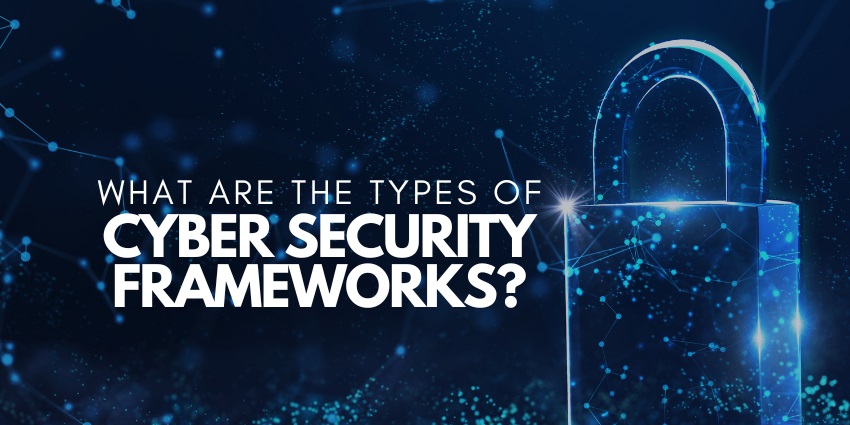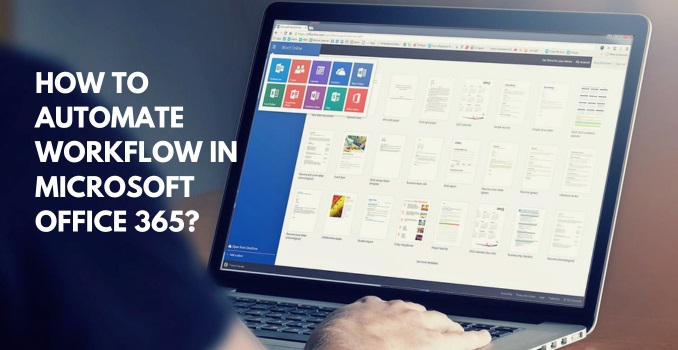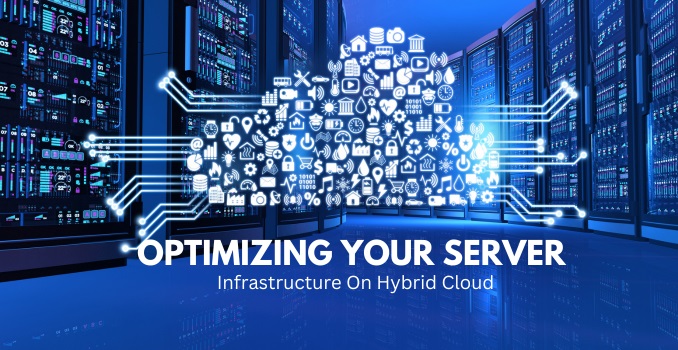As the digital landscape in Australia continues to evolve, cybersecurity has become a critical concern for businesses and individuals alike. With cyber threats growing in complexity and frequency, organisations need to implement robust cybersecurity measures to protect their digital assets. In this blog, we will delve into various cybersecurity frameworks specifically designed for the Australian market and how they can help organisations strengthen their security posture.
Understanding the Cybersecurity Frameworks Landscape
Cybersecurity frameworks provide structured approaches to managing cyber risks. They offer best practices, guidelines, and recommendations for implementing security controls across various aspects of your IT infrastructure.
Types of Cybersecurity Frameworks
Similar to their international counterparts, Australian cybersecurity frameworks offer structured best practices to beef up your cyber resilience. Let’s explore them below:
Australian Cyber Security Centre (ACSC) Essential Eight:
The ACSC Essential Eight is a set of cybersecurity mitigation strategies designed to enhance the resilience of organisations against cyber threats. It encompasses eight essential security controls, including application whitelisting, patching applications, configuring Microsoft Office macros, and implementing multi-factor authentication. The Essential Eight serves as a foundational framework for Australian businesses seeking to bolster their cybersecurity posture.
Information Security Manual (ISM):
The Australian Government’s Information Security Manual (ISM) provides comprehensive guidance on mitigating cyber risks and securing government information and systems. It outlines security controls and best practices across various domains, including access control, network security, incident response, and physical security. The ISM serves as a valuable resource for government agencies, critical infrastructure providers, and organisations handling sensitive government information.
ISO/IEC 27001:
ISO/IEC 27001 is an international standard for information security management systems (ISMS), providing a systematic approach to managing and protecting sensitive information. While not specific to Australia, ISO/IEC 27001 is widely adopted by organisations seeking to align with global best practices in cybersecurity. It enables Australian businesses to demonstrate their commitment to information security and compliance with regulatory requirements.
Payment Card Industry Data Security Standard (PCI DSS):
For organisations involved in payment card transactions, compliance with the Payment Card Industry Data Security Standard (PCI DSS) is essential. PCI DSS outlines requirements for securing cardholder data, including encryption, access control, network monitoring, and regular security testing. Compliance with PCI DSS is mandatory for businesses handling credit card information in Australia, helping to protect consumers’ financial data from cyber threats.
Australian Privacy Principles (APPs):
The Australian Privacy Principles (APPs) are a set of principles that regulate the handling of personal information by Australian government agencies and private companies. While not exclusively a cybersecurity framework, compliance with the APPs requires organisations to implement robust data protection measures, including secure storage, access controls, and breach notification procedures. Adhering to the APPs helps organisations safeguard the privacy rights of individuals and mitigate the risk of data breaches.
Choosing the Right Cybersecurity Frameworks for Your Business:
There are several factors involved that influence your framework selection:
Industry: Some industries, like healthcare (HIQA) and finance (APRA CPS 234), have specific compliance requirements that dictate the frameworks you must adhere to.
Organisation Size: Smaller businesses might benefit from simpler frameworks like the Essential Eight, while larger organisations might opt for more comprehensive ones like ISO 27001.
Cybersecurity Maturity: If you’re starting from scratch, a program framework will guide you through building a robust program. If you have existing security measures, a control framework can help strengthen specific areas.
Tailored Solutions for Cybersecurity Frameworks
By understanding the Australian cybersecurity framework landscape and carefully considering your needs, Computer Support Professionals play a pivotal role in fortifying cybersecurity frameworks by delivering tailored solutions that cater to the unique needs of Australian businesses. From implementing the Essential Eight to conducting risk assessments and vulnerability scans, we’ll help you navigate the complex terrain of cyber threats and build a secure fortress for your data.
By partnering with Computer Support Professionals, organisations can navigate the cybersecurity framework landscape with confidence, ensuring your business is equipped to defend against today’s ever-growing cyber threats. Contact us to ensure that your business is safe and sound in the digital world.
Also Read:




